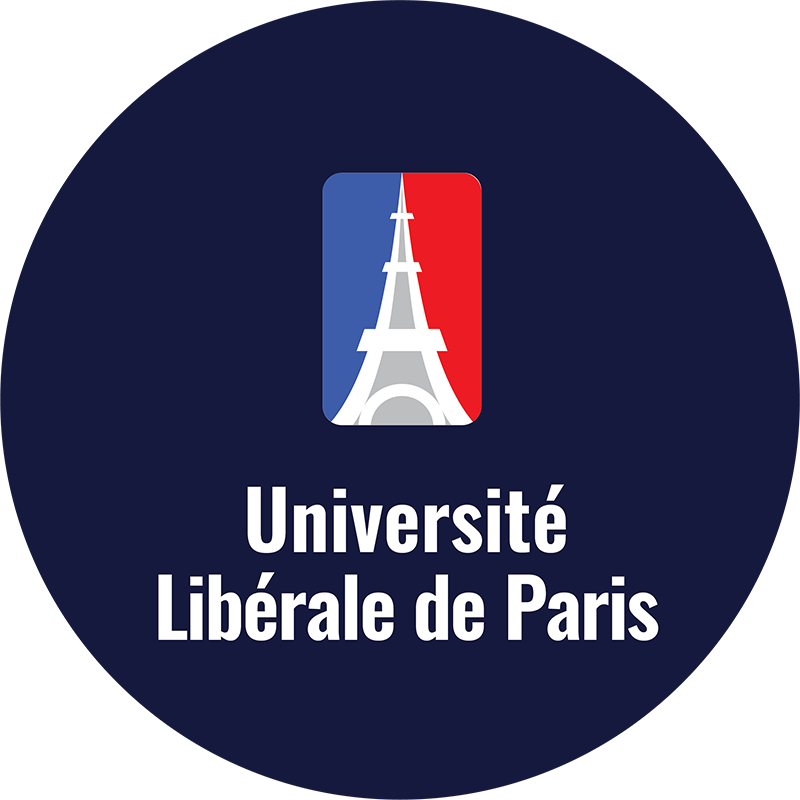After graduating from Micro Master programs, students receive all certified documents from Université Libérale de Paris.
Certified Documents:
- e-Certificate from Université Libérale de Paris.
- Hard copy certificate from Université Libérale de Paris
- Accreditation of Prior Experiential Learning for Qualification (APELQ) certified from Paris-U for credit and tuition fee transfer
- Certification & Recognition certified from Paris-U
Because the program is accredited and recognised, students can easily use permitted in the working environment and have many opportunities for career advancement. In addition, if you want to study for a university degree, students can convert all credits and the full tuition fee when participating in the program Paris-U.




